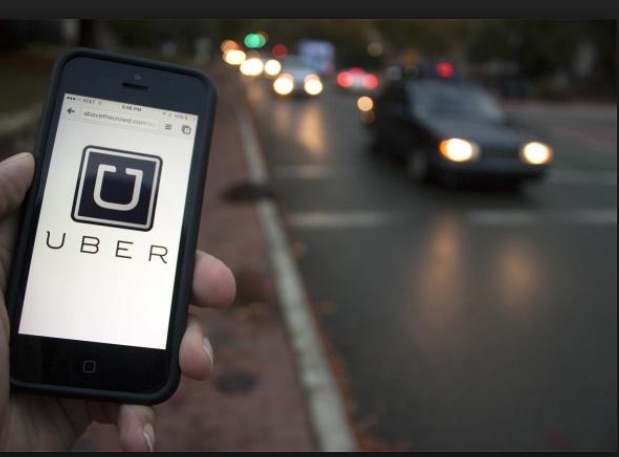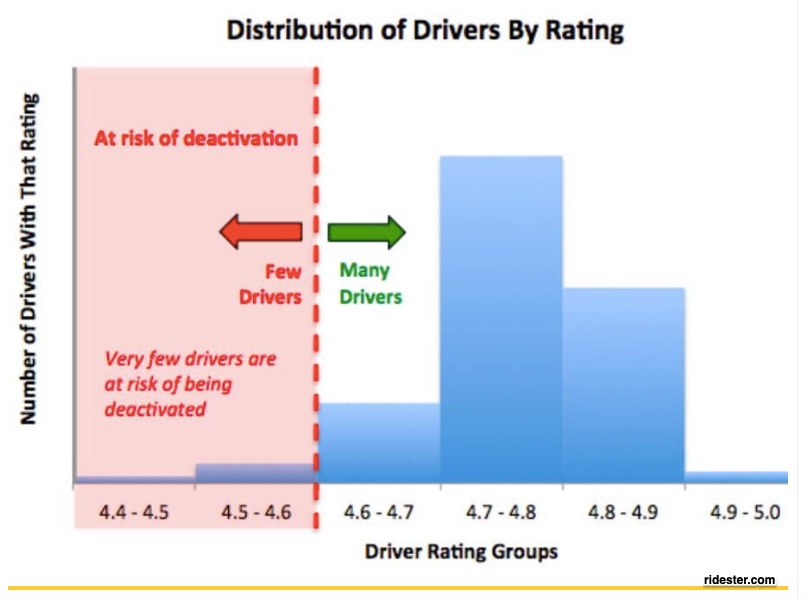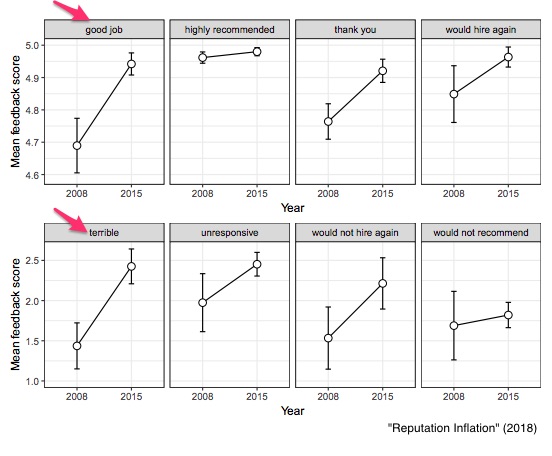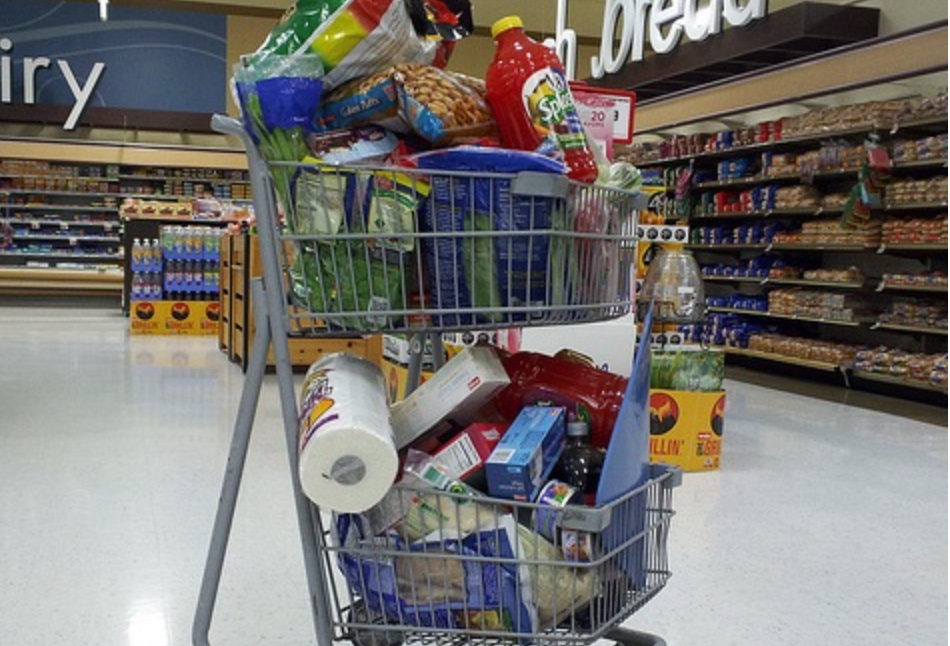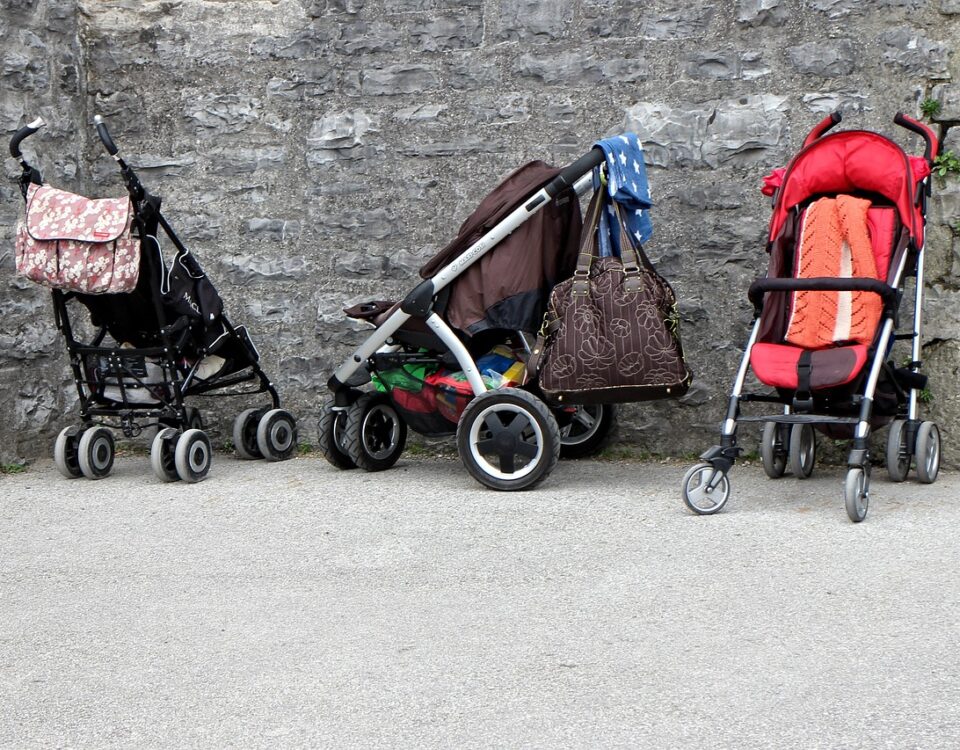
Why the Name of a Country Is Its Brand
May 29, 2019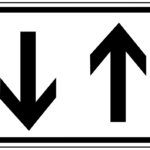
What We Mean by Socialism
May 31, 2019Uber just announced that if you or I get a low rating from a driver, it could have dire consequences. When a rider violates Uber’s community guidelines, that person “may lose access.” Those “guidelines” tell us not to ask drivers to exceed the speed limit, not to leave our trash, and to be polite.
According to BusinessInsider, drivers would add odors like southern fried chicken to the guidelines list. They also want a passenger to say hello (but I guess that if we pay extra for Uber Black’s “quiet mode” option, we don’t have to say anything). In addition, we shouldn’t slam the door, flirt with drivers, or keep anyone waiting.
Where are we going? To understanding ratings inflation.
Ratings Inflation
One driver’s T-shirt tells riders “If you’re alive when you arrive, that’s a FIVE!”
It appears that many of us agree. Close to 90% of the UberX drivers in Chicago had a 5 star rating during 2017. And below you can see that the average driver’s rating is close to 4.8:
We could say that we are creating ratings inflation. Like prices, skyrocketing ratings can be meaningless. In a recent paper researchers looked more closely at how our scores have increased since 2008.
Eleven years ago, “good job” meant 4.6 stars. In 2015, the same comment became almost a 5. Even with a “terrible,” in 2016, the star count was nearly 2.5:
With ratings rising, we can ask if the reason was higher quality or lower standards. The research indicated the latter. The reason? One possibility is concern about jeopardizing someone’s job.
Our Bottom Line: The Fallacy of Composition
Ratings inflation can take us to the fallacy of composition. Comparing the individual and the group, the fallacy of composition says that sometimes what works for very few people can be bad for everyone.
If one farmer has a bumper crop, she can take advantage of high prices. However, when everyone harvests more, the supply curve shifts to the right and price plunges. During the 1987 stock market crash, large investors thought that portfolio insurance would protect them from a market dip. But when everyone needed to sell at the same time, it did not work.
With Uber ratings, we have a similar problem. When one person gives a driver five stars, it means she did a good job. But if everyone does it, together they create what has been called reputation inflation. The rating becomes meaningless.
Returning to where we began, do you think that drivers will inflate passenger ratings?
My sources and more: Analyses of ratings range from academic papers to drivers’ forums. Some of the possibilities for the facts include this study, The Washington Post, a ridester discussion, Uber guidelines, and BusinessInsider.
Please note that I’ve quoted an updated version of a paper that we’ve previously looked at. Also, I could not confirm the accuracy of the drivers’ rating graph.
![econlifelogotrademarkedwebsitelogo[1]](/wp-content/uploads/2024/05/econlifelogotrademarkedwebsitelogo1.png#100878)

